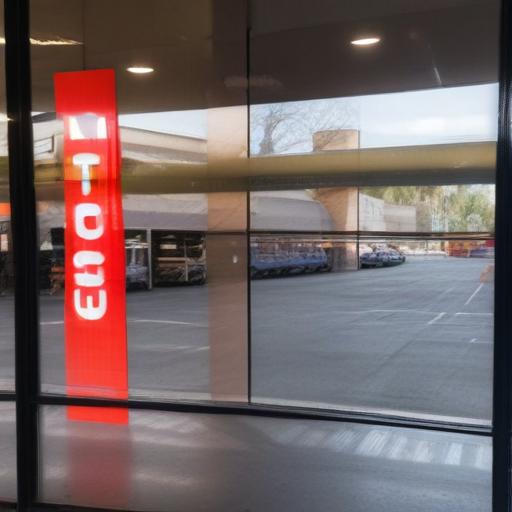Kroger has announced plans to close approximately 60 grocery stores, equating to around 5% of its total locations, over the next 18 months. This move follows a failed merger attempt with rival Albertsons, which has since led to legal disputes between the two companies.
In a recent earnings report, Kroger disclosed a $100 million impairment charge related to the closures but indicated that this decision would ultimately yield a modest financial benefit for the company in the long run. Specific store locations slated for closure have not been disclosed, and Kroger has not provided further commentary beyond the earnings report.
To support affected employees, Kroger plans to offer positions at nearby stores. The savings from the closures will be redirected towards enhancing “customer experience” in the remaining locations. Kroger currently operates approximately 1,200 stores across 16 states.
The grocery chain is experiencing a boost in sales as consumers shift their spending habits from dining out to preparing meals at home. As a result, Kroger has raised its sales forecast for the year. Interim CEO Ron Sargent noted that the company has seen a positive impact on its sales due to price cuts on around 2,000 products and a stronger promotional strategy for its private label offerings, which have consistently outpaced national brands in sales growth for the past seven quarters. Additionally, Kroger plans to introduce 80 new protein-rich products to better meet consumer demand.
Regarding the store closures, Sargent emphasized that “not all of our stores are delivering the sustainable results we need,” indicating the company’s commitment to strategic growth and profitability. This restructuring effort comes as Kroger navigates leadership changes; Sargent took over as interim CEO in March following the departure of former CEO Rodney McMullen amid an investigation into personal conduct.
In positive news for investors, Kroger’s stock saw a nearly 10% increase in value following the earnings report. This suggests that the market has reacted favorably to Kroger’s strategic initiatives, indicating potential for recovery and growth amid changes in the retail landscape. Overall, Kroger appears poised to adapt to evolving consumer preferences while managing operational efficiencies effectively.
